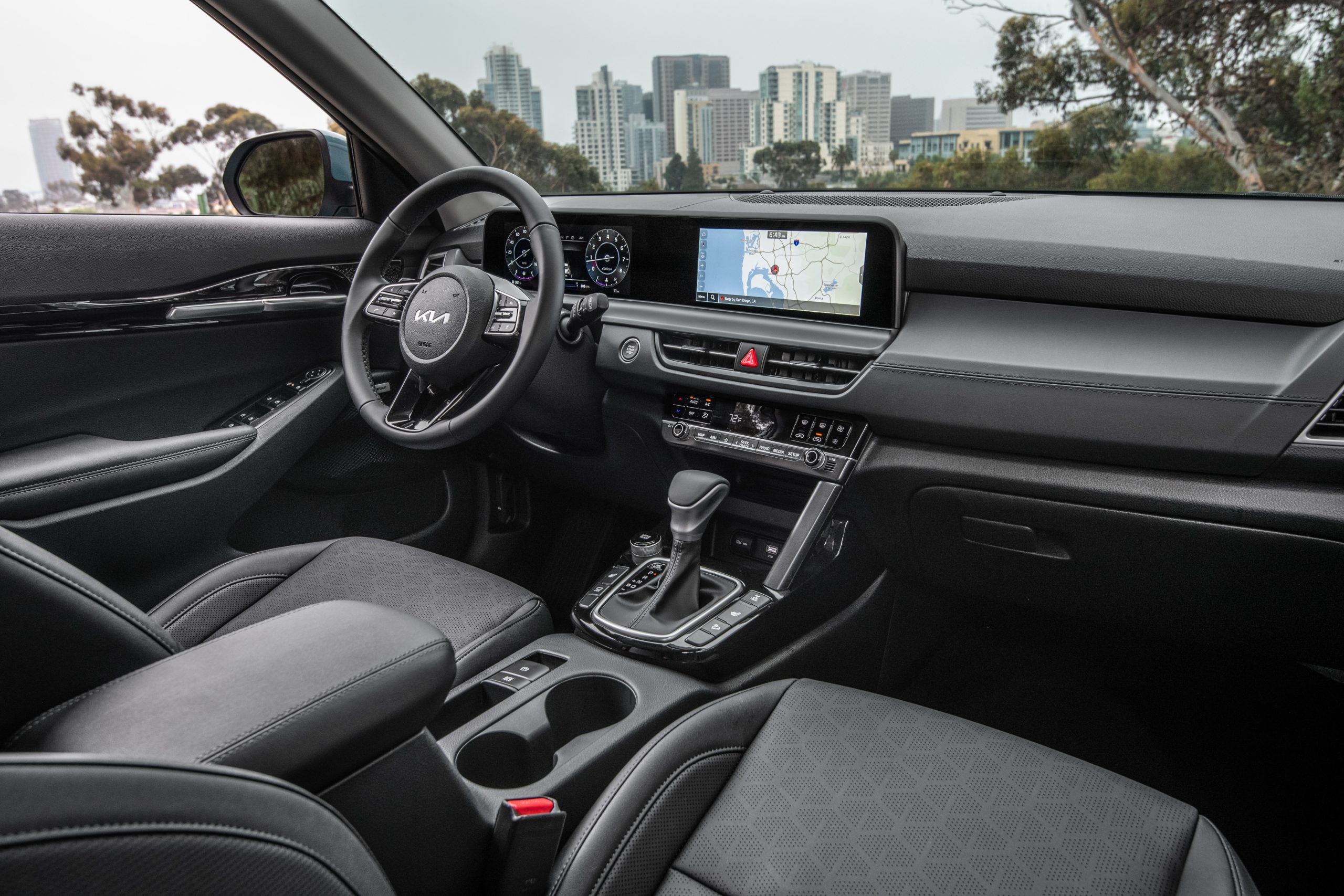In the past, cars were not expected to last much beyond 100,000 miles, and odometers were designed to stop at 99,999 miles. However, with the advancements in automotive technology, vehicles today can easily surpass 200,000 miles, and many drivers are opting to keep their cars longer. The average age of cars on the road has increased to nearly 12 years, with many exceeding 150,000 miles. Factors like rising new car prices and improvements in vehicle technology make it feasible for modern vehicles to last much longer than their older counterparts.
Maintaining proper maintenance is key to ensuring that your car reaches these impressive mileages. This article offers seven important tips to help you keep your car running smoothly and increase its lifespan, whether you’re seeking to hold onto your current vehicle or planning for a long-term ride. From choosing the right car to maintaining proper driving habits, these steps can help ensure your car stands the test of time.
1: Choose a Vehicle Built for the Long Haul
When aiming for longevity, the vehicle you start with matters. Not all cars are built to last, and it’s important to choose one that has the potential for a long lifespan. Certain models and brands, especially from Japanese manufacturers like Toyota and Honda, are known for their durability. Researching reliable makes and models increases your chances of success in achieving 200,000 miles.
However, longevity is not solely dependent on the brand or model. The condition of the car plays a significant role when you buy it. Finding a well-maintained vehicle with a solid service history will make it easier to keep it running smoothly. Whether purchasing new or used, investing in a car that has been well cared for can save you time, effort, and money in the long run.
2: Adopt Smooth and Cautious Driving Habits
How you drive your car can greatly impact its lifespan. Aggressive driving, such as hard acceleration, rapid braking, and sharp cornering, puts unnecessary strain on the vehicle and causes premature wear. If you want to maximize your car’s lifespan, it’s important to adopt smooth and cautious driving habits. Avoiding off-roading and racing will also reduce the stress on critical systems like transmission and suspension.
Another key driving tip is ensuring that your car gets a chance to reach its optimal operating temperature. Short trips where the engine doesn’t fully warm up can lead to a buildup of contaminants in the oil. Consider taking a longer drive once a month to allow the engine to burn off these impurities, which helps preserve the engine’s health.

3: Prioritize Preventative Maintenance
Routine maintenance is crucial for any vehicle looking to hit 200,000 miles. Neglecting small repairs can lead to bigger, more costly issues down the road. Following the manufacturer’s maintenance schedule is essential, as it outlines when to change fluids, rotate tires, and inspect vital components such as belts and hoses. Addressing issues early before they turn into major problems is key to extending your car’s lifespan.
Preventative maintenance is just as important for cars as it is in other industries, such as aviation, where regular checks keep aircraft in the air for decades. Keeping your car properly maintained not only ensures safety but also allows you to catch potential issues early, preventing costly repairs down the line. Pay attention to items like timing belts, which, if not replaced at the recommended intervals, can cause significant engine damage.
4: Invest in Quality Parts and Fluids
Using high-quality parts and fluids is a worthwhile investment if you want your car to last. Cheap replacement parts tend to wear out faster and may not provide the same level of protection as quality components. Using the recommended fluids and materials, such as synthetic oil instead of conventional oil, can extend the life of your engine and improve overall performance.
Though quality parts may come with a higher upfront cost, they are more durable and can help prevent premature breakdowns. Sticking to manufacturer recommendations for fluid types and replacements ensures your vehicle remains in peak condition, contributing to its longevity. Quality materials, while an investment, pay off over time by reducing the frequency of repairs and replacements.
5: Keep Both the Exterior and Interior in Top Shape
Maintaining the exterior and interior of your car is just as important as keeping the mechanical systems in good condition. Rust and body damage can reduce the vehicle’s structural integrity, especially in unibody designs common in modern cars. Keeping your car clean, both inside and out, helps prevent rust, corrosion, and wear.
Regularly washing and waxing your car protects it from contaminants like dirt, salt, and road chemicals that can cause rust. Cleaning the engine compartment and underbody is also crucial for preventing buildup. Additionally, taking care of the interior by keeping it clean and well-maintained enhances the driving experience and ensures your car remains in top condition.

6: Pay Attention to Early Warning Signs
Your car can communicate with you through unusual sounds, smells, or changes in performance. Paying attention to these signs can help you catch potential problems before they escalate. If you hear a squealing sound from the brakes, don’t ignore it, as it could be a sign that the brake pads need replacement. Other issues like overheating, strange noises, or leaks should also be addressed immediately to prevent further damage.
Just like with a pet, responding to your car’s “cries” for attention can prevent bigger issues. Being proactive and addressing small problems early can save you money and prevent major breakdowns. Regularly inspecting the vehicle and staying alert to any changes in performance is essential for keeping it on the road for years to come.
7: Build a Relationship with a Reliable Mechanic
Having a reliable repair shop is invaluable when trying to keep your car running for a long time. A trusted mechanic can provide accurate diagnoses and perform quality repairs that ensure your vehicle stays in optimal condition. Building a relationship with a repair shop allows you to address issues before they become major problems, rather than relying on emergency repairs.
Choosing a repair shop with qualified technicians ensures that any maintenance or repairs are done properly. Don’t wait until something goes wrong to find a mechanic; it’s better to have one in place beforehand. A trusted repair shop can provide ongoing support, helping you maintain your car’s health and maximize its lifespan.

